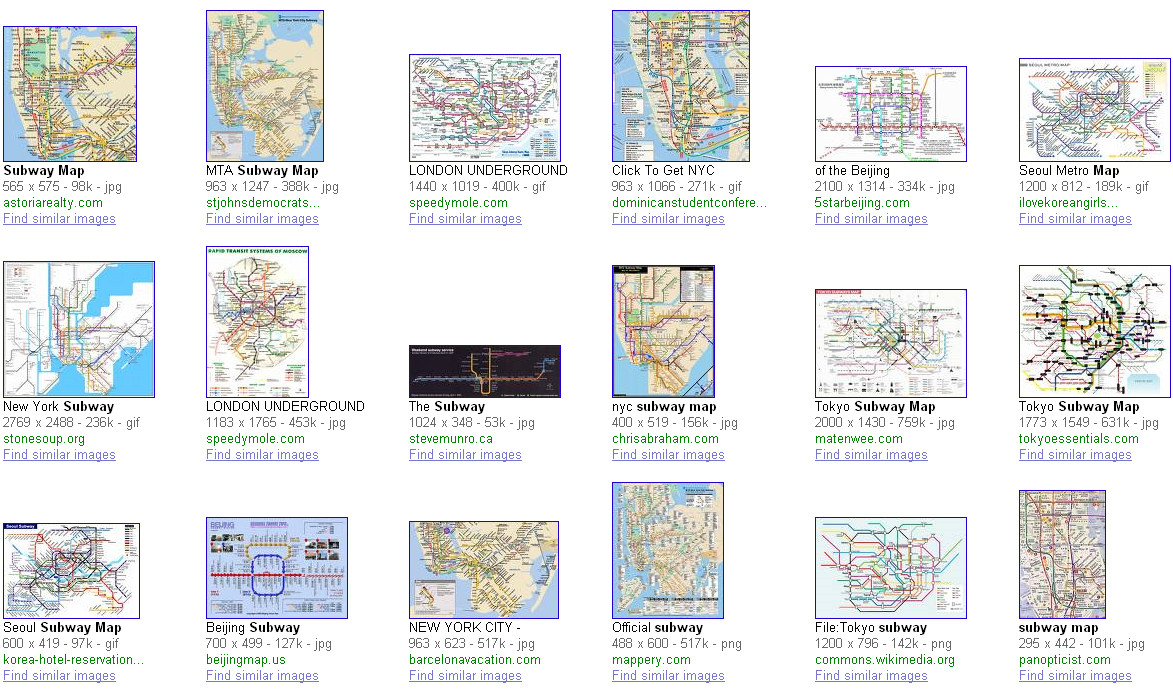
As you all have probably heard,
If you’re like me you may have wondered, “How would I handle something like this?” We’ve pulled together a bunch of sites that can help you be prepared for the smartest possible reaction to an event like this.
Our government holds frequent drills to test their own responses – one happened over the weekend right here in Washington, DC:
But what can you do as an individual? Staying informed is the best way to train your brain to handle emergencies well – both during and after. Here are a few links to get you started:
- Practice our general preparedness advice: get a kit, make a plan, and stay informed
- Federal Transit Administration Emergency Management plans
- Read the safety guidance on your local transit system (evacuation routes, etc)
Resources:
- American Red Cross Preparedness Fast Facts
- Amanda Ripley: a longtime TIME Magazine contributor, has traveled the world studying disasters, natural and manmade. Her book, The Unthinkable: Who Survives When Disaster Strikes — and Why, is the first major book to explain how the brain works in disasters — and how we can learn to do better.
